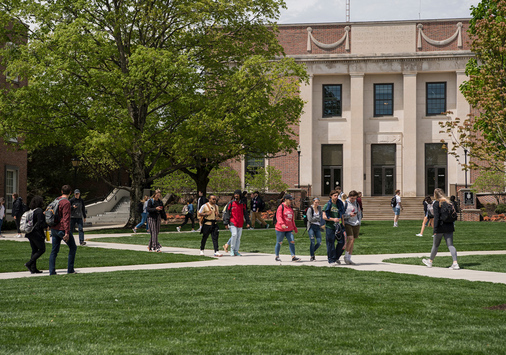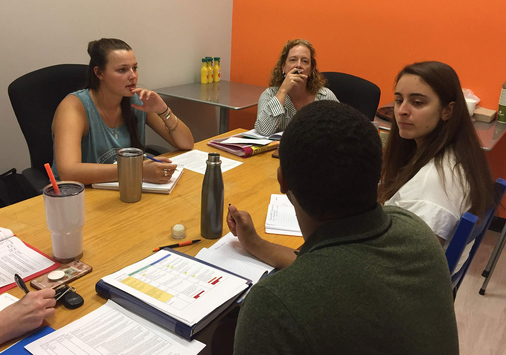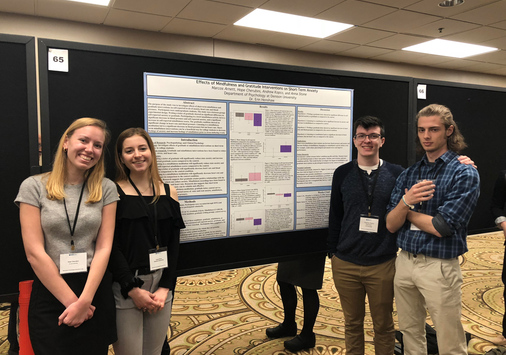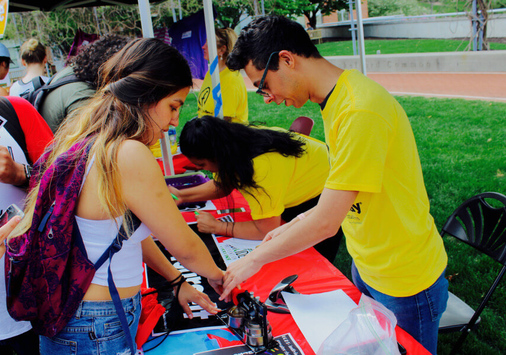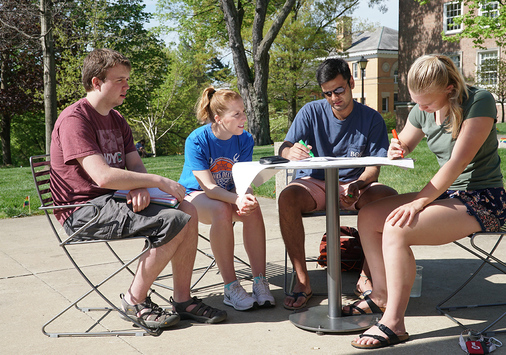Monkeypox
Frequently Asked Questions
Monkeypox is a rash illness caused by the monkeypox virus, which can be spread from person-to-person or animal-to-person contact or contact with contaminated materials.
The monkeypox virus causes systemic symptoms, including a rash. During the prodromal period, which is approximately 5 days before the onset of the rash, the infected person may experience symptoms including fevers, generalized lymphadenopathy, chills, body aches, and headache. Rash usually begins within one to four days of the appearance of fever and continues for a period of two to three weeks, although rashes without a prodrome have been reported.
Monkeypox varies from COVID-19 in several important ways that make it a less serious threat. First, monkeypox cannot be transmitted by anyone who is not symptomatic. Second, monkeypox does not spread as easily as COVID-19. Monkeypox is transmitted mainly through direct skin-to-skin contact with an infected person, particularly through contact with the skin rash, while COVID-19 can be easily transmitted through the air. Individuals with monkeypox can also be easily identified and quarantined to reduce the potential for outbreaks.
Monkeypox is a rare disease caused by infection with the monkeypox virus lasting 2-4 weeks. The virus is part of the same family of viruses that causes smallpox. Monkeypox symptoms are similar to smallpox symptoms but milder and rarely fatal.
Monkeypox virus can be spread person-to-person through infected body fluids (including saliva and lesion fluid), items that have been in contact with infected fluids or lesion crusts, and contact with respiratory secretions. The incubation period is usually 7?14 days but can range from 5?21 days. Unlike COVID-19, monkeypox is not transmitted by individuals who are asymptomatic. Monkeypox can be spread from the time symptoms start until the rash has healed, all scabs have fallen off, and a fresh layer of skin has formed. The illness typically lasts 2-4 weeks.
Yes. There is a vaccine for monkeypox. Its availability is currently being directed by the Ohio Department of Health through regional health departments. Please contact the Licking County Health Department or Equitas for vaccine information.
The CDC recommends vaccination for people with a high degree of exposure to someone who has been diagnosed with monkeypox and people who are at higher risk of being exposed to monkeypox, including:
- People who have been identified by public health officials as a contact of someone with monkeypox.
- People who may have been exposed to monkeypox, such as:
- People who are aware that one of their sexual partners in the past 2 weeks has been diagnosed with monkeypox.
- People who had multiple sexual partners in the past 2 weeks in a jurisdiction with known monkeypox.
- People whose jobs may expose them to orthopoxviruses.
According to the CDC, symptoms commonly include the following:
A rash that may be located on or near the genitals or anus but could also be on other areas like the hands, feet, chest, face, or mouth. The rash will go through several stages, including scabs, before healing. The rash can look like pimples or blisters and may be painful or itchy.
- Fever
- Headache
- Muscle aches and backache
- Swollen lymph nodes
- Chills
- Exhaustion
- Respiratory symptoms (e.g. sore throat, nasal congestion, or cough)
Anyone who has a fever and/or other symptoms without a rash should still be tested for COVID-19.
- Avoid close, skin-to-skin contact with people who have a rash that looks like monkeypox.
- Do not touch the rash or scabs of a person with monkeypox.
- Do not kiss, hug, cuddle or have sex with someone with monkeypox.
- Avoid contact with objects and materials that a person with monkeypox has used.
- Do not share eating utensils or cups with a person with monkeypox.
- Do not handle or touch the bedding, towels, or clothing of a person with monkeypox.
- Wash your hands often with soap and water or use an alcohol-based hand sanitizer, especially before eating or touching your face and after you use the bathroom.
Students should call the Wellness Center at 740-587-6200. Avoid close contact, including sex or being intimate with anyone, until you have been checked out by a healthcare provider.
Employees who are concerned they may have been exposed or have monkeypox should not come to work and need to be seen by a healthcare provider, urgent care, or the Health Department and should not come to work and should follow the instructions of the healthcare provider and public health officials if diagnosed with monkeypox. Please call HR for further instructions for clearance to return to work. You should always notify your health clinic or provider of any concern for monkeypox prior to your arrival.




